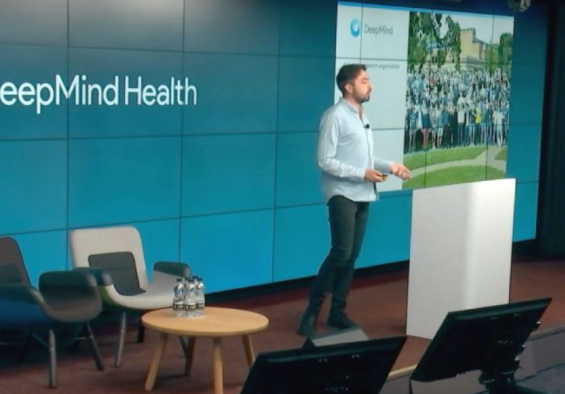According to a new study published in the journal Nature, Google's deep learning model is superior to traditional methods for screening a large number of electronic health record (EHR) data to predict health. According to HealthcareDIVE, FHIR is a standard for enhancing cross-system data flow to predict in-hospital mortality, re-admission within 30 days, and long-term hospitalization. Google works with the University of California, San Francisco (UCSF), Stanford University, and the University of Chicago Medicine to assess the accuracy of deep learning and fast health care interoperability resources (FHIR). The results show that Google's deep learning is better than other EHR models in the above three cases. The number of warnings required to assess patient mortality was reduced by 50%, significantly reducing false positives. The study included EHR data from 216,221 adult patients who were hospitalized for at least 24 hours, with a data volume of 47 billion. Researchers say that deep learning methods can cover the entire EHR, including loosely structured medical reports, to predict a variety of clinical problems and outcomes, and to go beyond the most advanced traditional predictive models. The researchers further pointed out that the important finding of the study is not to accurately coordinate the EHR data, map the data to a highly planned set of structural predictors, and then feed those variables into the statistical model, but through direct feature learning, learn Synchronize input and predict medical events simultaneously. Now that artificial intelligence (AI) is developing in healthcare applications, Google hopes to gain a place. According to the CB Insights report, Alphabet is positioned as an AI and machine learning company, but is actively building an extensive healthcare network that uses Google Cloud to serve suppliers and payers and provide new data pipelines. Wearbit device brand maker Fitbit has announced that it will connect doctors and patients to manage chronic diseases by combining user data and personal health records with the recently acquired Twine Health platform and Cloud for Healthcare. In December 2017, Google launched the open source tool Deep Variant, which uses AI to create a personal genetic blueprint image using sequencing data to find genes or genetic mutations to help doctors diagnose and treat. Google's DeepMind also collaborates with the UK's Moorfields Eye Hospital NHS FoundaTIon Trust to mine big data, focusing on machine learning technology to analyze eye scans to detect and treat degenerative eye diseases early. KENNEDE ELECTRONICS MFG CO.,LTD. , https://www.axavape.com